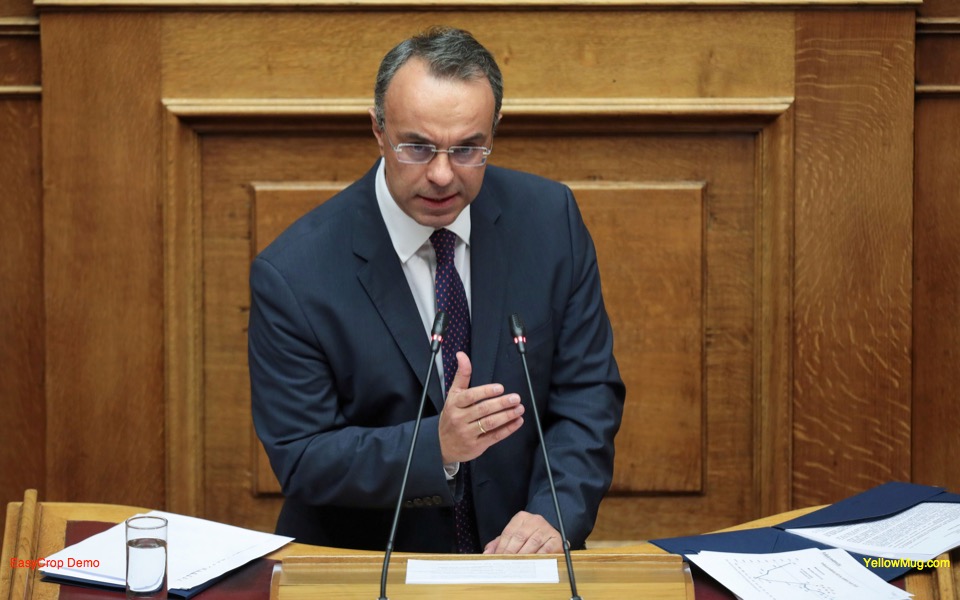State support for lenders and borrowers

Finance Minister Christos Staikouras on Friday unveiled a framework of five initiatives aimed at supporting borrowers and banks.
Speaking to the Parliament’s Economic Affairs Committee about the financial system and its outlook, while also focusing on the management of nonperforming exposures, Staikouras said that the stock of NPEs fell significantly from €75 billion in June 2019 (43.6%) to €59 billion currently, down €16 billion, and down €48.5 billion from March 2016. He noted, however, that nonperforming private debt remained at very high levels.
The minister said that Greek banks’ liquidity improved markedly after a full abolition of capital controls with the deposits of households and enterprises rising by €26 billion in the period from June 2019 to December 2020. He stressed that a systemic bank recently issued a “green” bond and added that lenders were planning to return to the capital markets in 2021.
He underlined, however, that despite the positive data, the banking system continues to face challenges, mostly the danger of a new wave of NPLs as a result of the pressure on the real economy from the pandemic crisis.
He unveiled five initiatives to support borrowers and banks:
1. Expanding and extending the Hercules scheme, as in Italy. Such an expansion would cover the period from April 2021 until October 2022, with the aim of significantly reducing NPLs.
2. Examining a Bank of Greece proposal for the creation of a bad bank, based on an analysis of cost/benefit for citizens, the public sector and banks and adhering to preconditions set by European rules.
3. Gradually implementing a debt settlement and more flexible bankruptcy regulation for households and enterprises.
4. Promoting the implementation of a new Gefyra program for small and medium-sized enterprises, subsidizing part of corporate loans for a period of eight months.
5. Strengthening bank funding, by injecting funds from New Generation EU into the economy, totaling €32 billion, of which €19.4 billion would be in subsidies.
Staikouras said these actions will support innovation, boost the economy, attract private investments, strengthen employment policies, support the clean energy transition and promote the digitalization of the public and private sectors in the country, along with strengthening social cohesion.





